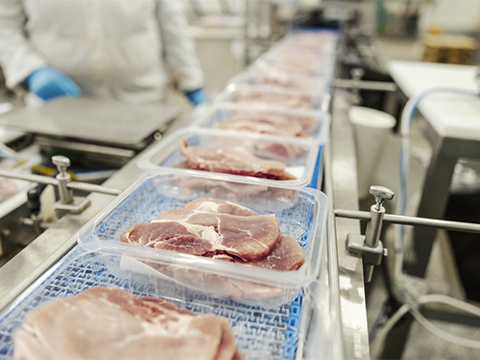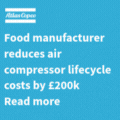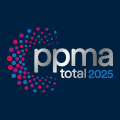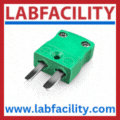
Posted to News on 2nd Jun 2025, 09:40
Stay ahead of food safety risks
Fortress Technology explores the benefits of staying ahead of an unannounced inspection by an external party, and the value of monitoring everyday risks by performing regular internal and external audit reviews.

Most food safety assurance systems rely on robust Hazard Analysis Critical Control Point (HACCP) programmes. But how do you verify that the steps you have taken to ensure conformance to food safety standards are working? Can you wait until the next periodic audit, or should you act sooner?
Successful, industry-leading food manufacturers regularly use audits to identify gaps and potential risks and verify the effectiveness of their internal controls to strengthen customer trust and satisfaction. Performed internally, or by a knowledgeable food safety consultant, a typical audit review can last up to three hours depending on the size of the organisation.
Inspection or audit: what is the difference?
A food inspection and a food safety audit can both help to improve operational performance. They also both assess conformance to set standards. There are, however, subtle differences.
A food safety audit is a systematic evaluation of food factory documentation to determine if food safety practices, programmes and related activities, including procedures and record keeping, are meeting expectations. Generally, an auditor looks at data over a set time period to see if positive or negative trends are developing.
In comparison, food safety inspections provide a thorough physical review of a food facility to assess what is actually happening in production during a precise moment in time. This snapshot - typically lasting between two and four days - gives a realistic assessment of conditions. These can be both positive and negative.
When inspecting a Critical Control Point (CCP), an inspector may look for any potential contaminant events that if left unaddressed could prompt an investigation. When conducting an audit, qualified personnel will review the effectiveness of a HACCP plan and ensure it is being implemented correctly.
The Food Standards Agency evaluates the effectiveness of the official audit controls systems managed by enforcement officers and local authorities in England, Wales and Northern Ireland. Although food safety audits are not a legal requirement, by conducting internal or external audits, food processors can be assured their processes are conforming to these defined food safety standards.
Managing a failure
Poor record-keeping and non-compliance with established Food Safety Plans are some of the top reasons that food and beverage manufacturers fail their audits. In audit terms, a non-conformance issue simply notifies a food processor that something needs to be addressed in order to comply with food safety rules, regulations and supplier contractual obligations.
For example, when equipment and surfaces deteriorate, they can present a possible contamination risk. Auditing highlights these issues and ensures they are resolved before an inspection.
In order to assess performance and knowledge of good manufacturing practices, a Traceability Performance Assessment can also be conducted. This timed traceability recall exercise can be added to any GMP inspection and helps to promote food safety compliance amongst staff.
Be prepared
An audit checklist should cover all aspects of production that affect food safety practices and HACCP compliance. Most auditors will expect to examine documentation, records, premises, practices, equipment, and processes. Signs of pest infestation, hygiene protocols, temperature control, and food handler and machine operative training and competence will all be scrutinised.
Post-audit, the successes and non-compliances flagged by the investigation should be examined by the relevant staff and auditing personnel. Once a course of action to address and prevent future non-conformances is established, food processors can implement these changes.
For inspection equipment, specific GFSI standards should be followed. Particularly the testing of industrial food metal detectors.
Given the numerous critical control points in a processing plant, Fortress advises routinely and systematically revisiting potential hygiene and contamination hazards as part of a regular risk assessment and food safety programme. "Food safety is reliant on continuous improvement. Once any changes are reviewed and implemented, HACCP plans should be modified. This ongoing effort drives advances in processes and efficiency, as well as enhancing product quality," emphasises Fortress Technology Sales Director Phil Brown.
Fortress Technology (Europe) Ltd
The Phantom Building
7 Beaumont Road
OX16 1RH
UNITED KINGDOM
+44 (0)1295 256266




